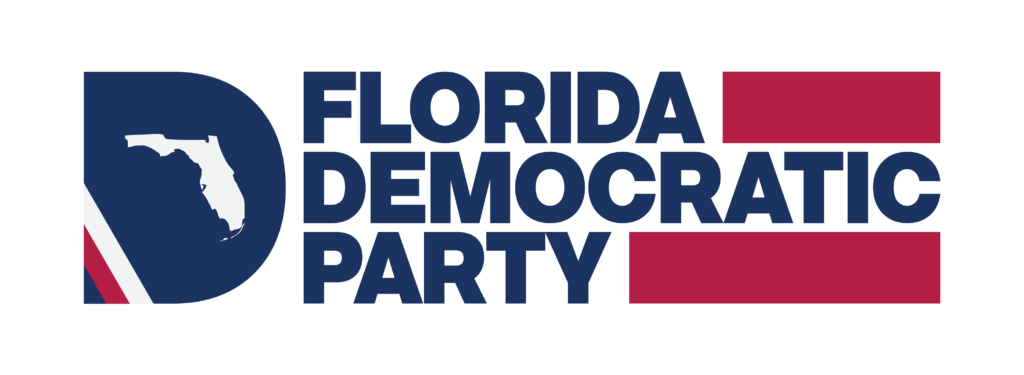In the News
FACT SHEET: How the Bipartisan Infrastructure Law Is Moving Floridians Faster and More Efficiently


For Floridians, it’s no secret that getting where you need to go isn’t always a straightforward task. Endless traffic, unreliable public transportation, frequent flight delays, and unsafe road conditions are just some of the problems that working families in Florida face when trying to get to work in the morning or home at night, when visiting friends or running errands on the weekends, or when traveling across town or out of state.
One of the major goals of President Biden’s Bipartisan Infrastructure Law is to tackle exactly those problems, and the numbers show that it is already beginning to improve the way that Floridians move around the state.
Here’s how the Bipartisan Infrastructure Law is Moving Floridians Faster and More Efficiently:
- Since 2011, commute times have increased by 11.6% in Florida, and on average, each driver pays $425 per year in costs due to driving on roads in need of repair. Florida would expect to receive approximately $13.3 billion over five years to repair and upgrade thousands of miles of worn-down highways and hundreds of aging bridges. This funding will get Floridians where they need to go faster and safer – and without paying exorbitant repair costs – whether that’s to work in the morning, home at night, across town on the weekends, or out of state during the holidays.
- Over five years, Florida will receive approximately $100 million to protect passengers and make our roads safer. This funding will go toward reducing deaths and injuries from motor vehicle-related crashes, along with an extra $103.7 million over five years to put a sizable dent in commercial motor vehicle crashes.
- Floridians who take public transportation spend an extra 77.9% of their time commuting and non-White households are 3.5 times more likely to commute via public transportation. Today, 16.1% of transit vehicles in the state are past useful life. Florida will receive about $2.8 billion over five years under the Bipartisan Infrastructure Law to repair the backlog of outdated transit vehicles and create new, modern public transportation systems that will reduce traffic congestion and provide working people with frequent safe and affordable options to move around our cities.
- Under the Bipartisan Infrastructure Law, Florida will receive about $198 million over five years to support a state-of-the-art electric vehicle charging network in the state. By making electric vehicles more affordable and accessible for working families, the BIL will save people money, create thousands of good-paying jobs, and clean up our polluted air and water.
- Under the Bipartisan Infrastructure Law, airports in Florida will receive approximately $1.2 billion for infrastructure development over five years to expand capacity, improve runways and air traffic control towers, begin new terminal development projects, and fund other projects that expand accessibility for persons with disabilities and historically disadvantaged populations. These infrastructure projects will also dramatically improve energy efficiency and airfield safety, while cutting down on the number of flight delays and cancellations that have become all-too-common in recent years.
###


